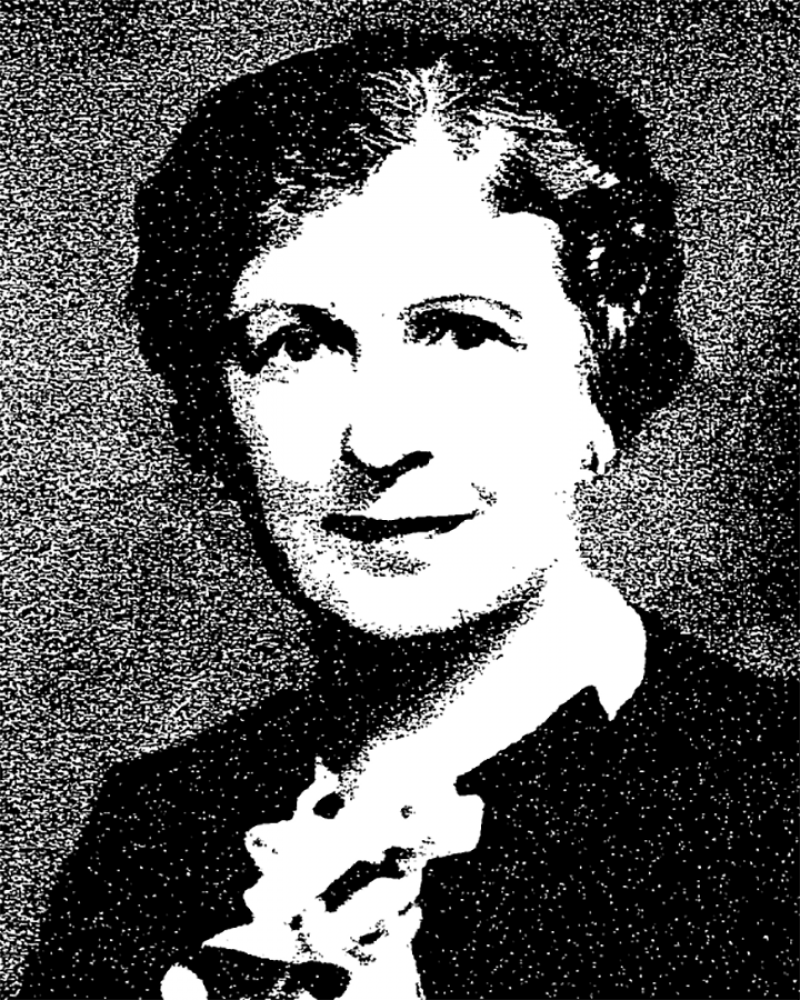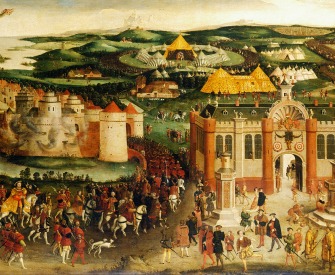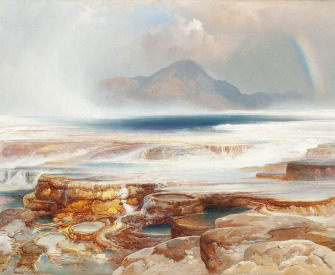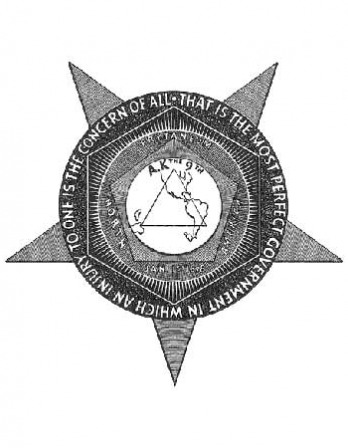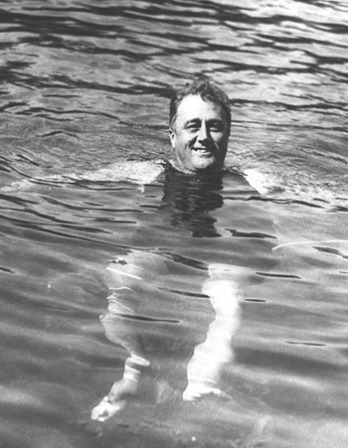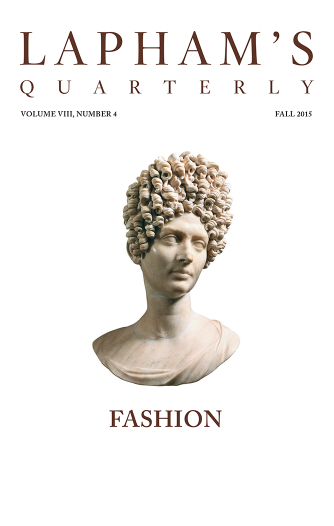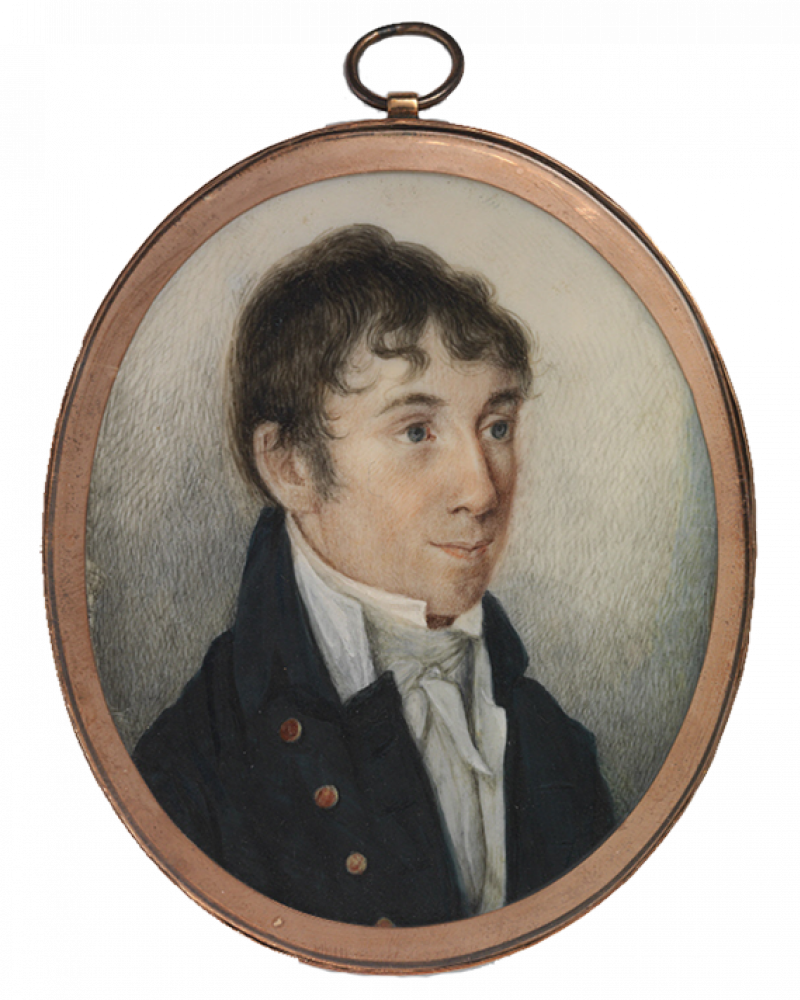
Charles Brockden Brown
Alcuin: A Dialogue,
1798
Alcuin: A Dialogue,
I should not be a little surprised to hear of a woman proffering her services as president or senator. It would be hard to restrain a smile to see her rise in a popular assembly to discuss some mighty topic. I should gaze as at a prodigy and listen with a doubting heart. Yet I might not refuse devotion to the same woman in the character of household deity. As a mother, pressing a charming babe to her bosom, as my companion in the paths of love, her dignity would shine forth in full splendor. But as a national ruler, as busied in political intrigues and cares, as entrenched in the paper mounds of a secretary, as burdened with the gravity of a judge, as bearing the standard in battle, or even as a champion in senatorial warfare, it would be difficult to behold her without regret and disapprobation. These emotions I should not pretend to justify; but such, and so difficult to vanquish, is prejudice.
